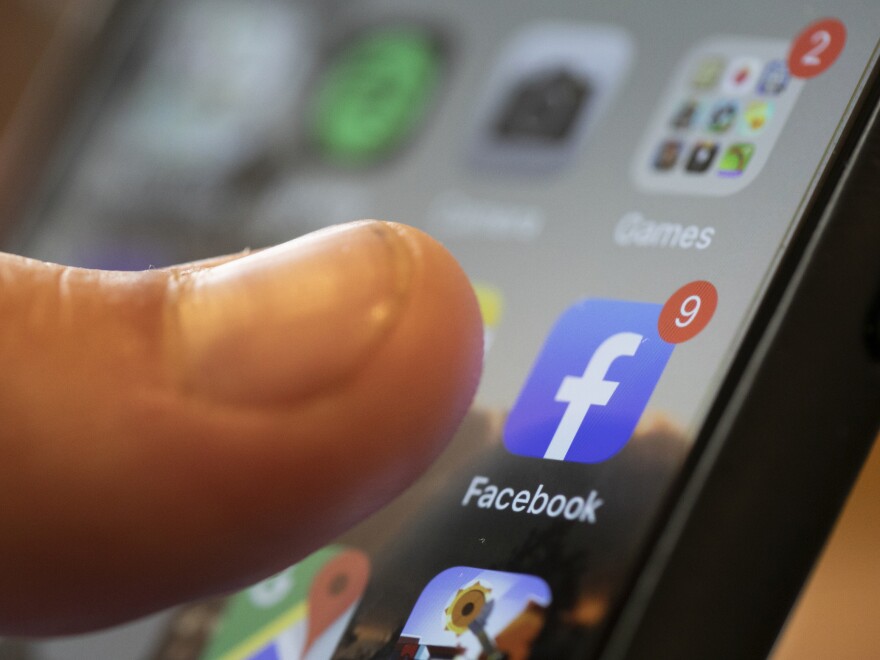Teens struggling with emotional dysregulation are at risk of forming a social media or gaming addiction, according to a University of Georgia study.
Amanda Giordano, lead researcher and an Associate Professor in the UGA Mary Frances Early College of Education says that most adolescents can use social media and video games without experiencing negative emotional effects. She says social media and gaming creates emotional problems when adolescents use them as their only emotional outlet.
“When these behaviors become their primary means of regulating their emotions, that’s where we can start to see this dependence develop over time,” says Giordano.
The World Health Organization added gaming addiction to the International Classification of Diseases in late 2017. According to the study, social media and gaming are addictive because they allow users to quickly change their emotional state. Adolescents may form a craving for social media and video games to relieve emotional discomfort, and may become agitated when separated from their primary form of emotional regulation.
Giordano says caregivers can help adolescents through teaching them emotional management skills, and that learning these skills at an early age can prevent future emotional issues. Her research suggests that caregivers teach adolescents how to tolerate discomfort and learn healthy coping mechanisms.
Giordano’s study is not the only recent criticism of social media and video game addiction among adolescents. On Monday, Epic Games, the creator of the popular children’s game Fortnite, was sued $520 million for illegally collecting children’s personal information and duping players into making unintentional purchases.


